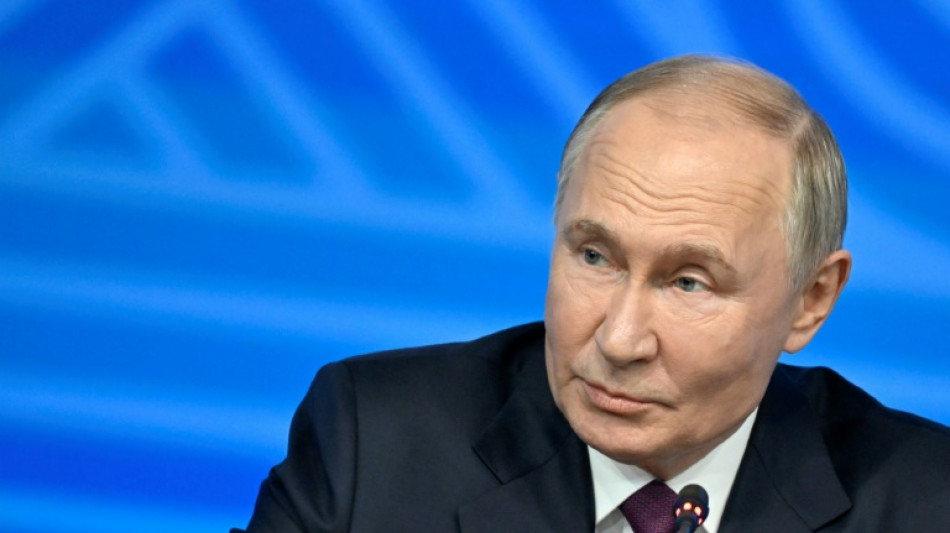
Mongolia failed to cooperate in Putin arrest: ICC

The International Criminal Court on Thursday accused member state Mongolia of failing to arrest Russian President Vladimir Putin during a trip there last month, and referred the matter for further action.
The Russian leader visited Ulaanbaatar in early September despite an arrest warrant issued against him by the Hague-based court, for the alleged illegal deportation of Ukrainian children after his troops invaded the country in 2022.
"The International Criminal Court found that, by failing to arrest Mr Putin while he was on its territory and surrender him to the Court, Mongolia has failed to comply with the Court's request to cooperate," the ICC said in a statement.
The Rome Statute, the court's founding treaty signed by all member states, compels countries to arrest wanted suspects.
"States Parties and those accepting the Court's jurisdiction are duty-bound to arrest and surrender individuals subject to ICC warrants, regardless of official position or nationality," the ICC's judges said.
"In view of the seriousness of Mongolia's failure to cooperate with the Court, the Chamber deemed it necessary to refer the matter to the Assembly of States Parties," the judges said, referring to the ICC's overseer body.
The ICC issued an arrest warrant for Putin in March 2023.
It said there were "reasonable grounds to believe" that Putin "bears responsibility for the war crime of unlawful deportation" of Ukrainian children to Russia.
Kyiv says thousands of Ukrainian children were forcibly deported from orphanages and other state institutions after Russian forces took control of swathes of the country in its 2022 invasion.
Russia said it moved some children away from areas close to the fighting for their own protection.
Moscow has dismissed the warrant as having no consequence, but the Mongolia trip marked Putin's first to an ICC member in the 18 months since it had been issued.
Last year he called off a visit to a BRICS summit in South Africa, another ICC member, after internal and external pressure on Pretoria to arrest the Russian leader should he attend.
Past instances of ICC members failing to execute arrest warrants have had little consequence beyond verbal dressing-downs.
D.Vanacore--PV
